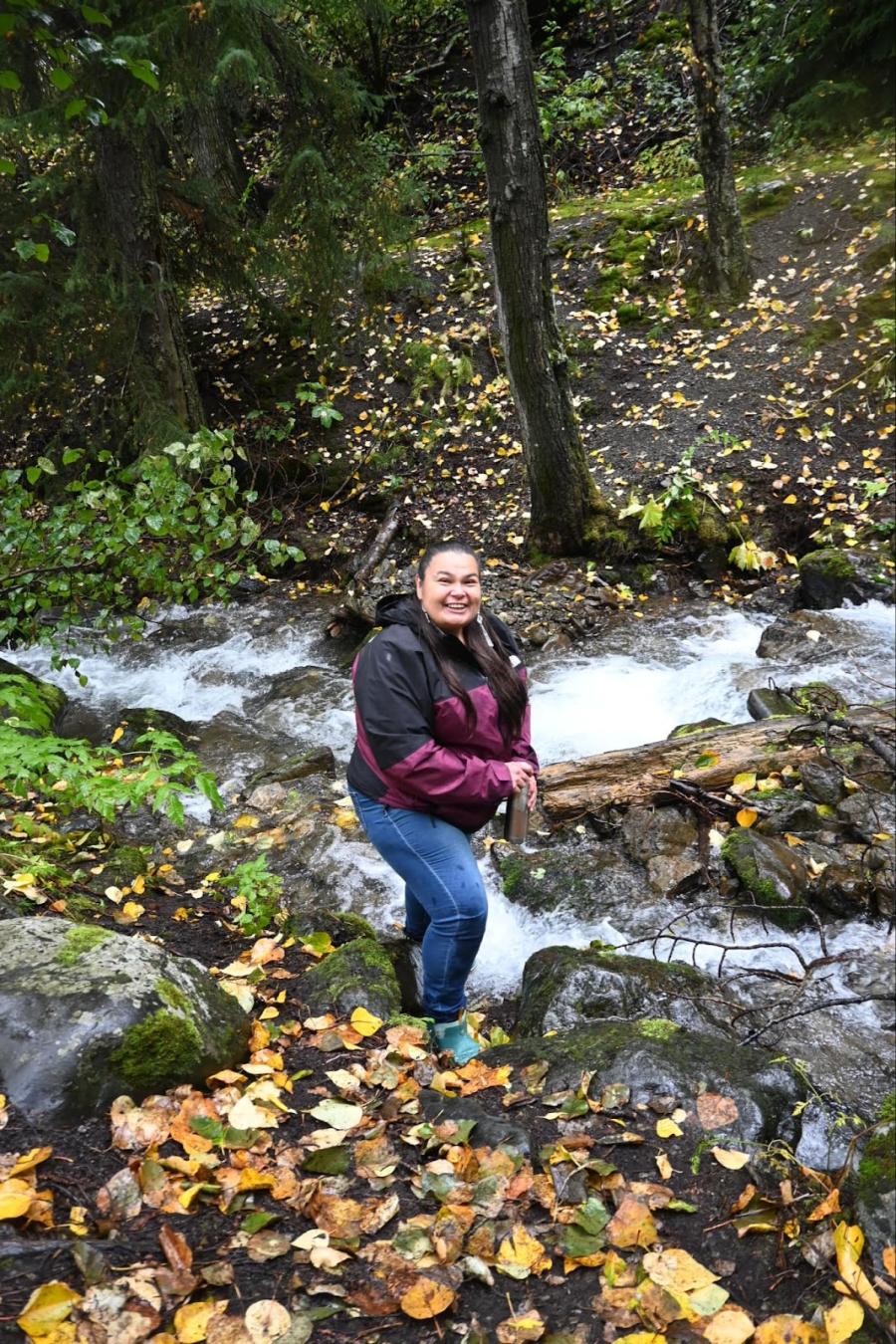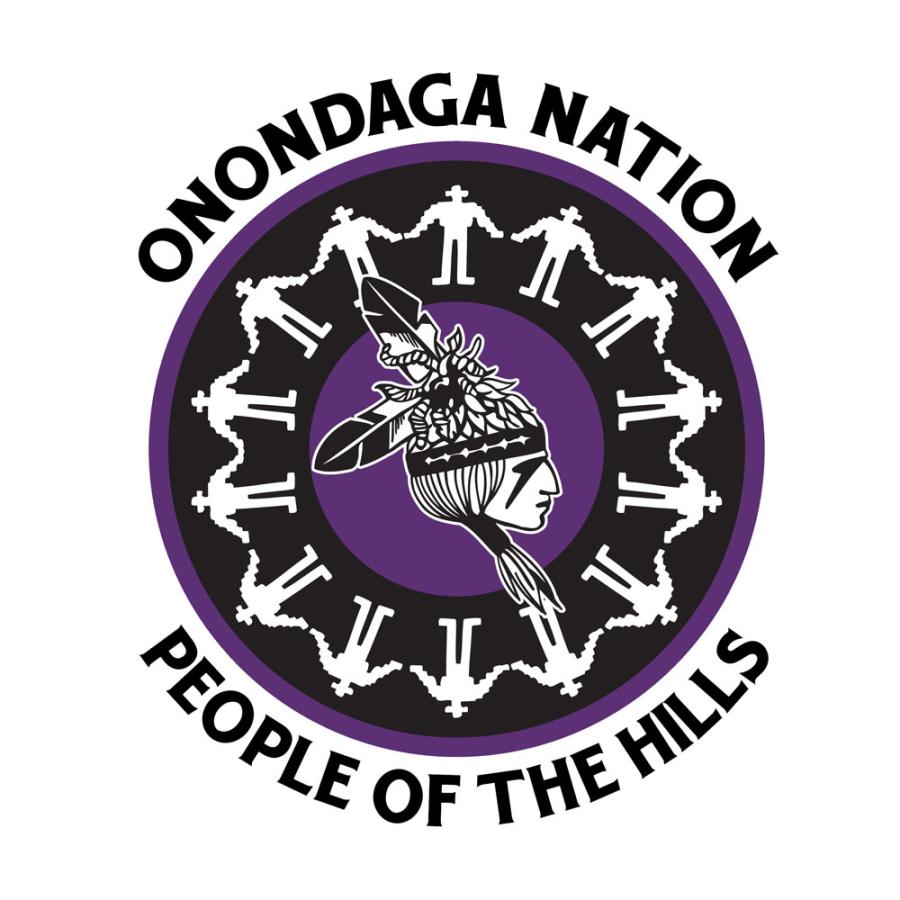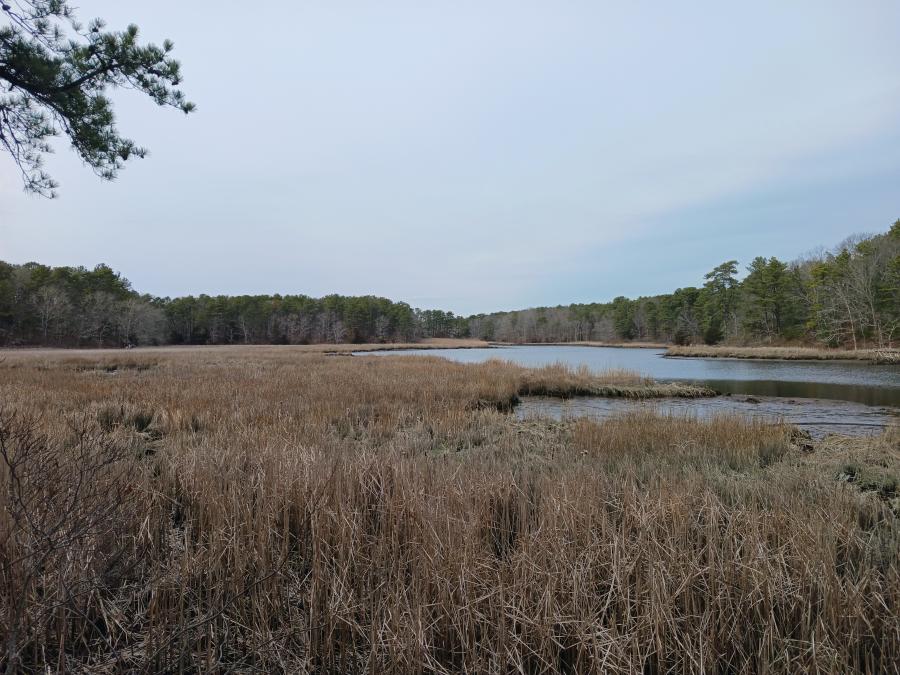Over 1,500 delegates converged on the New York headquarters of the United Nations this week for the second session of the United Nations Permanent Forum on Indigenous Issues. Indigenous representatives, representatives of member states, and officials from international institutions such as the World Bank and the World Trade Organization met daily in Conference Room Two for six hours each day to wrestle with the issues of economic and social development, the environment and the methods of work of the Forum itself.
Out of the chorus of voices from impressively diverse backgrounds and perspectives, some common themes surfaced in the first few days. Many delegates commented on the urgent need to continue work on the Draft Declaration on the Rights of Indigenous Peoples, in order to adopt a final version before the end of the UN International Decade of the World’s Indigenous Peoples in 2004. Indigenous representatives and speakers from other UN agencies emphasized the need for selecting ‘focal points’ – Forum members or staff to serve as liaisons with UN agencies such as the UN Development Programme and the UN Population Fund – in order to increase the efficiency of the new body. Representatives of the World Bank and the World Trade Organization were met with both praise for their active engagement with the Forum, and honest, unvarnished criticism for policies relating to development projects on indigenous territories and the exploitation of indigenous knowledge.
A number of speakers addressed the theme of this year’s session, “Indigenous Children and Youth”, among them Nicole Hetu, member of the Saulteau First Nation and a participant in the UN’s Indigenous Fellowship Program. In her statement to the Forum, Ms. Hetu recommended that the body actively consider the perspectives of youth in forming its recommendations to the Economic and Social Council of the UN. “The International Young Persons Caucus needs to have a real relationship with you,” she told members of the Forum.
Among the notable developments of the first few days of the session was the announcement by Ian Johnson, Vice President of the World Bank, that the Bank would create a “Grants Facility for Indigenous Peoples” with the establishment of a fund containing $700,000 in June. The fund would support projects with grants of up to $50,000. Conceding that “it is not a huge amount of money,” Johnson said that “it is symbolic of our relationship with indigenous peoples.”
“It’s a cruel joke,” the Inter Press Service quoted Roy Laifungbam, of the Center for Organization and Research of India, as saying in response to the announcement. Other delegates echoed the view that the paltry sum should not be accepted as restitution for a litany of destructive World Bank-sponsored projects on indigenous lands.
A suggestion of interest came from the Indigenous Nations of Tlahtokan Aztlan, which recommended that the Forum establish a Treaty Archive, a collection of treaties and accords between indigenous nations and other political entities to guide and inform the Forum’s work. The archive would be compiled “with full respect for and without prejudice to the traditional knowledge and practices of Indigenous Peoples of the planet, including their approaches to international law and principles of … peace.”
Despite – or perhaps because of – the broad spectrum of views put forth, everyone present appeared to be fully cognizant of the new opportunities for collaboration and participation in policy-making that the Forum has created. As the meetings went on, the general atmosphere in Conference Room Two and the bustling hallways of the UN basement seemed to be one of recognition of the groundbreaking achievement represented by the formation of the Permanent Forum itself, tempered by heavy doses of realism among delegates who are fully aware of the formidable challenges facing the new body.
Also see the Permanent Forum on Indigenous Issues Website.
|
Inter Press Service reports on the Permanent Forum: 'Pay for Destruction', Indigenous People Tell Corporations Expectations and Numbers Grow for U.N. Indigenous Forum Under Fire, World Bank Launches Indigenous Peoples Fund |
|



